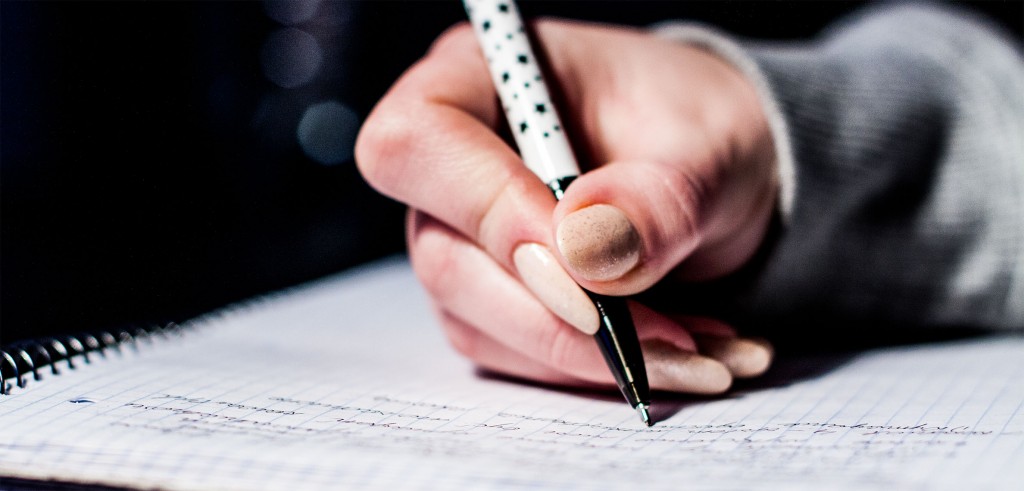Recently the UK Government’s Education Select Committee opened an inquiry into the purpose and quality of education in England. Evidence was invited and all 167 written contributions are now published on their website. This blog captures some of the evidence that I submitted. My first comment was that it is not possible to identify a single purpose of education, as education has many desired outcomes. So of course, the question is a complex one, but as such it is deserving of an inquiry.
Earlier this year I used the same question as part of a Secondary PGCE lecture and the post-it notes that were sent to the front of the room and displayed using the visualiser illustrated the diversity of student teachers’ responses. When I responded to the select committee I wanted to acknowledge this complexity but also highlight that in my opinion there should be no purpose of education which in itself undermines a determination that education creates positive changes for social justice. I wanted to stress this because it is so much more than an ideal. It matters for individual pupils and students, their families, their communities and the wider society (national and international).
I believe that social justice through good education means that all children and young people should be able to become enthusiastic and capable learners and that they should experience success based on a curriculum which challenges them but also engages them. As a parent and educator I want children and young people to develop healthy and affirming relationships with peers and adults that they encounter through education, which means that they should be treated with tolerance, understanding and respect and learn why they should offer the same for others.
Demonstrating learning matters so I would expect that all young people should be able to gain qualifications which are multi-faceted and recognised for their value by employers, education providers and society. However there is growing evidence of the physical, mental and emotional strain being placed on many students by our current examination systems and the repercussions at school level, so I would also emphasis that children and young people should be taught, learn and assessed in a way that is not detrimental to their mental or physical health.
Fairness matters to children and young people and it is not sufficient to argue that ‘life’s not fair’ when we are considering their experiences and their life chances. I would hope that all children and young people could state that their education was ‘fair’, that their achievements were deserved and their ability to make their way in life had not been hampered by injustice in their educational offer or experience. As a response to a fair education it is reasonable that all children and young people should be enabled to make a positive contribution to society and the resources it depends on (environment, economy, community) before they have left formal education in order to develop the traits and skills which will help them to continue to do so into their futures.
One of the roles of universities, through their research, teaching and engagement is, in my opinion, to support the development of education systems which deliberately and continually adapt to ensure social justice. In the School of Education, Communication and Language Sciences we have projects, programmes, colleagues and students who are part of this contribution. The spaces, dialogues and activities that result may not change the world alone, but they do help us to make a difference.
A blog by Dr Rachel Lofthouse

